If we want anyone to spend their time, attention or money on anything of ours, we must first be competent.
Lots of people are competent, so there's lots of competition here.
Let's say this is "school teachers"

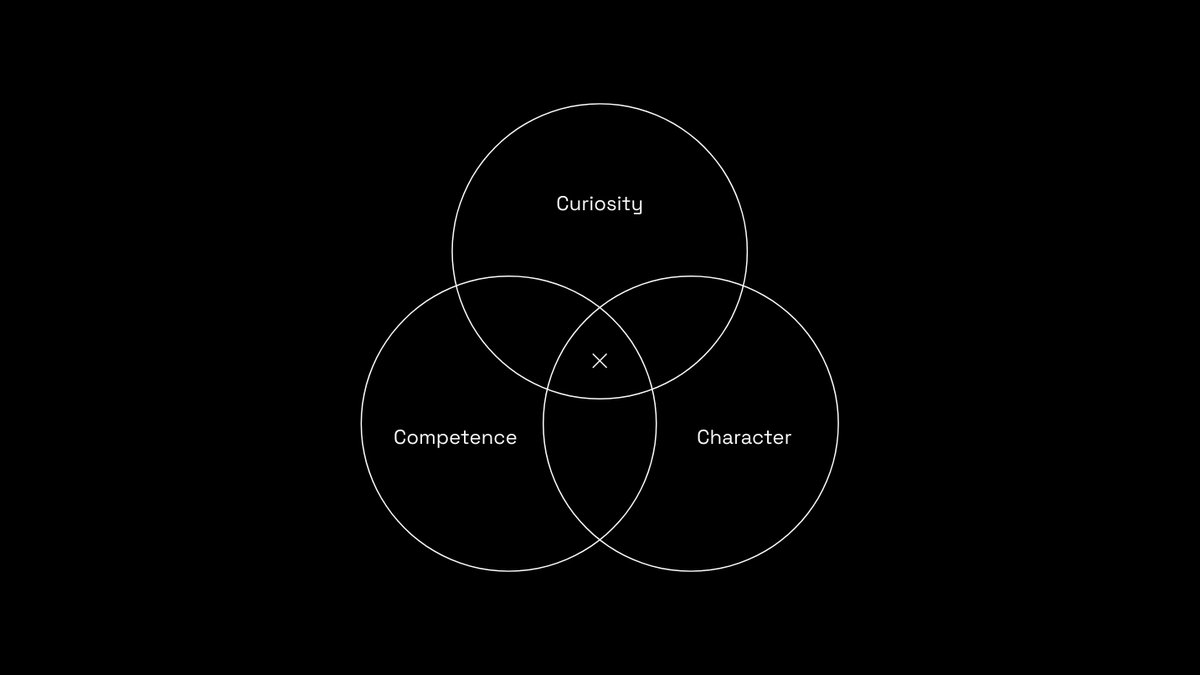

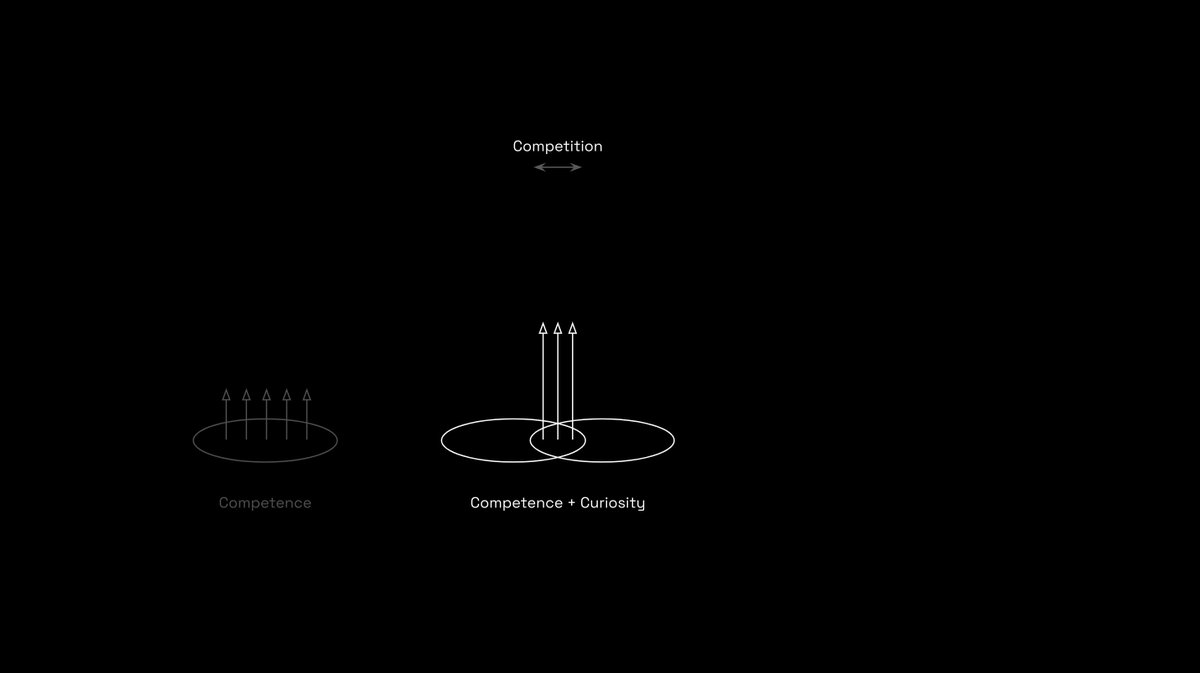
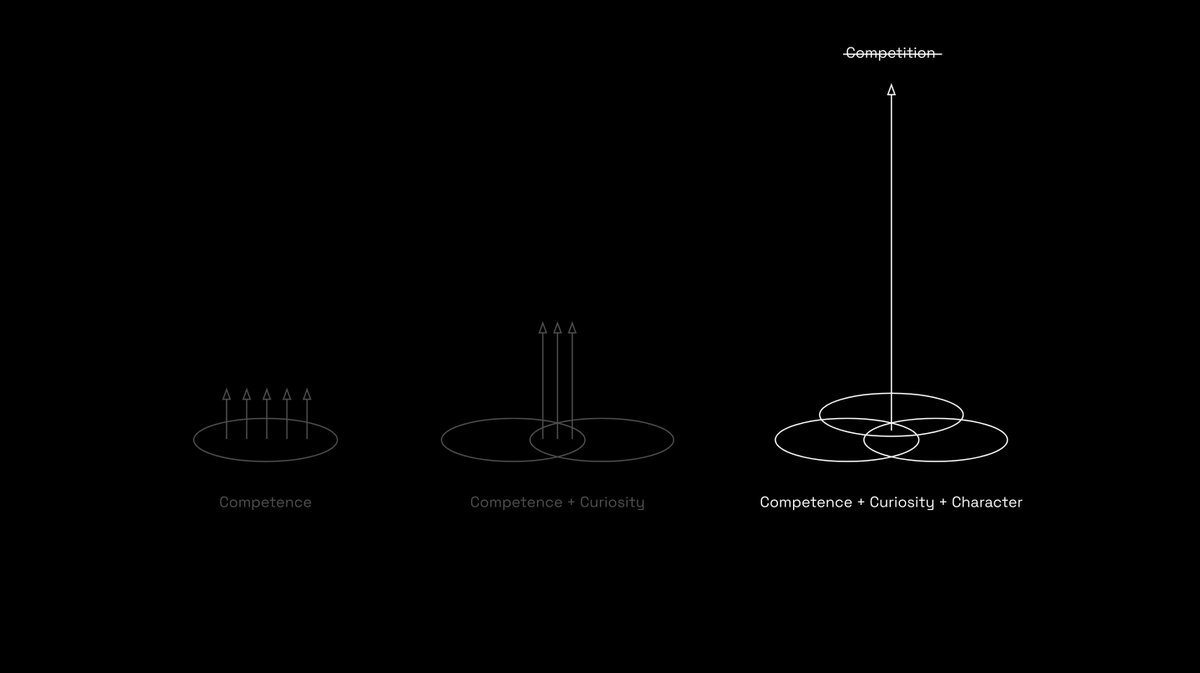
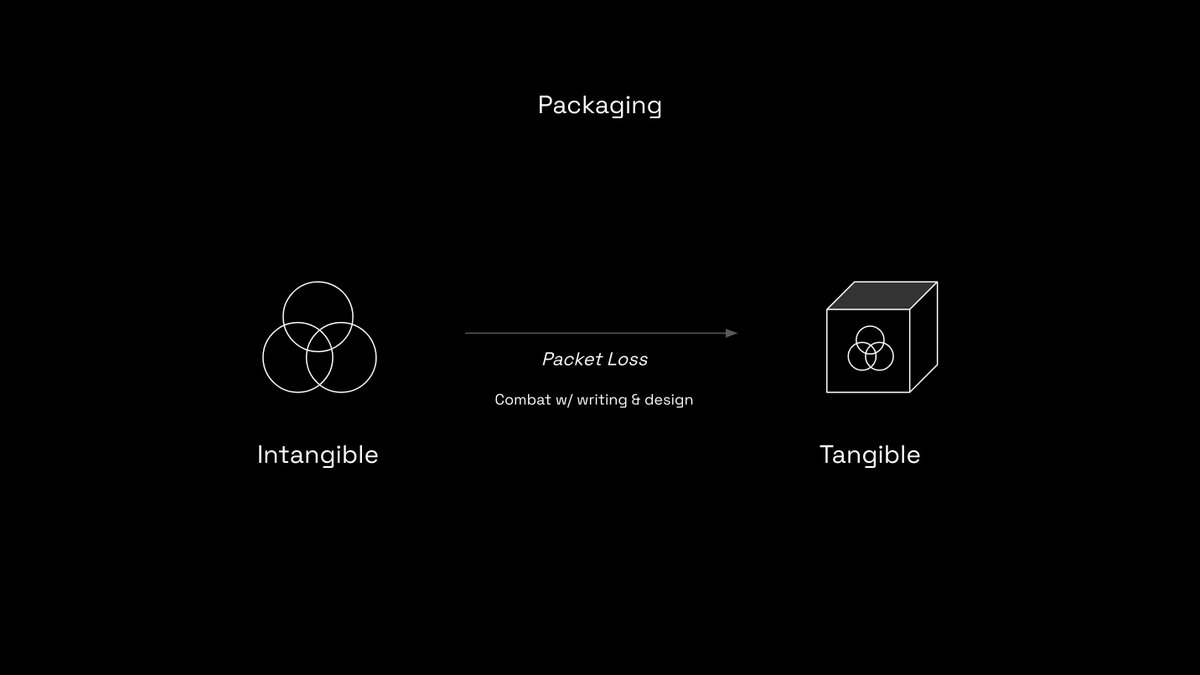
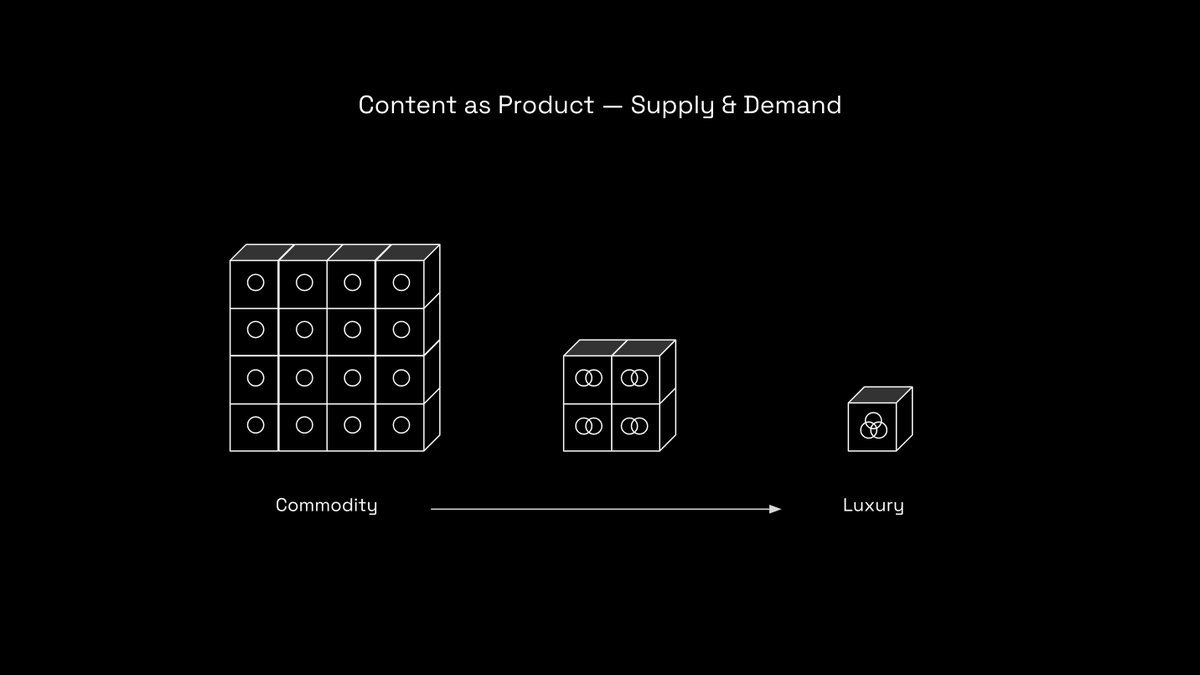
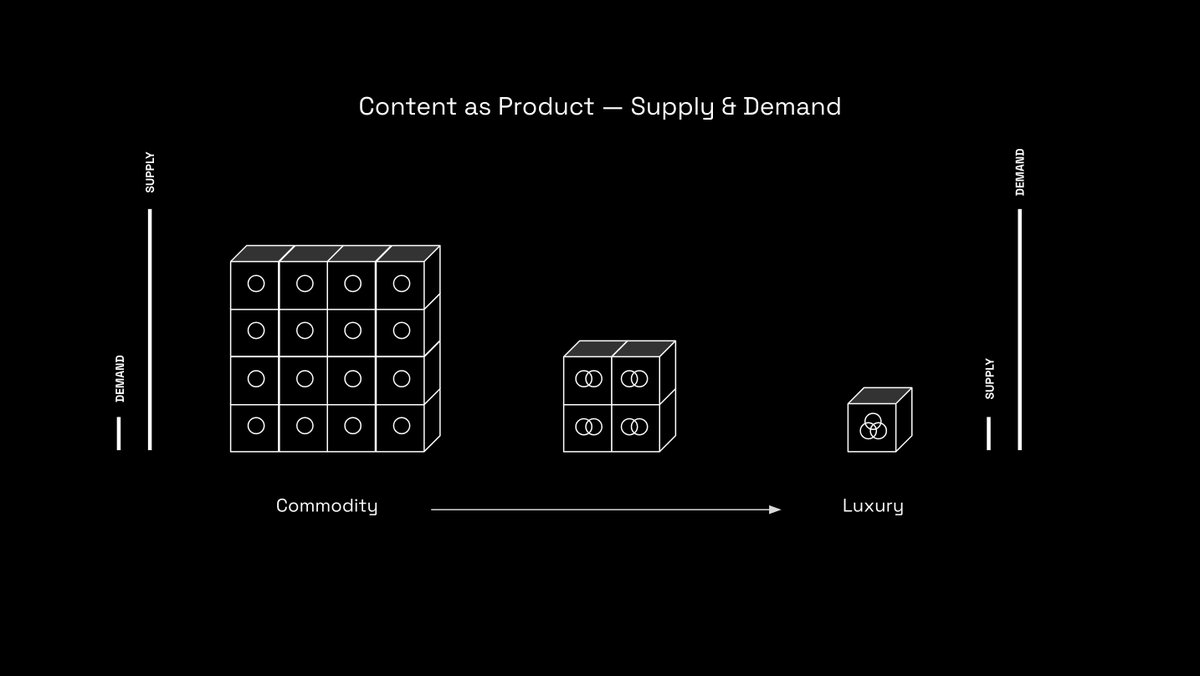
The DICE Framework: (thread)
— Jack Butcher (@jackbutcher) January 28, 2021
I just shared this idea in "How to Build a Personal Monopoly" w/ @david_perell
Here it is again.
\u2193 pic.twitter.com/z7HzfkTJX4